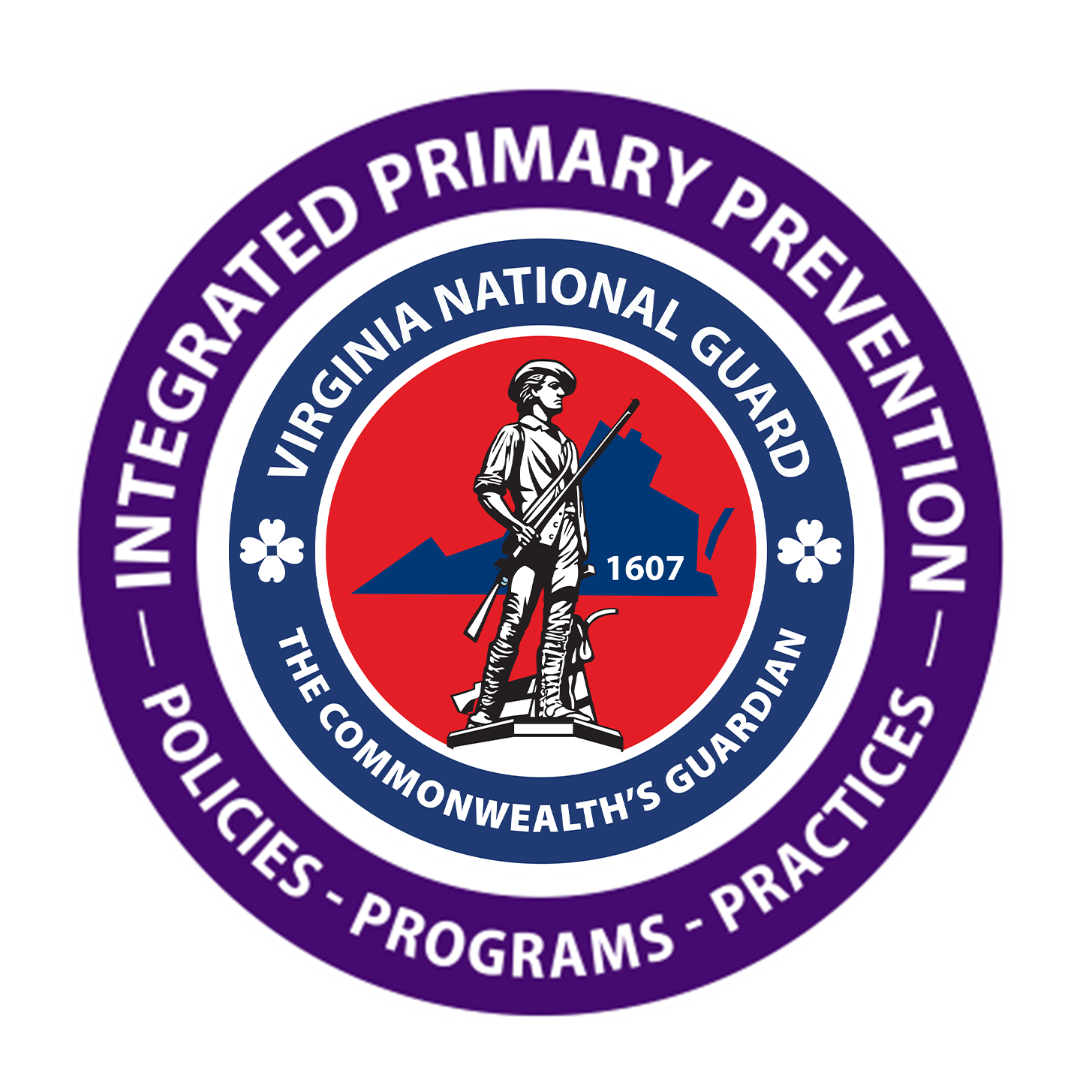
Sexual Violence Prevention
The primary goal of the National Guard Sexual Assault Preventionist is to ensure a safe and secure working environment for our National Guard SMs and Civilian employees, free from sexual assault, that promotes a culture of safety. In addition, address the risk and protective factors for sexual assault through education and training for SMs, Civilian employees, and all levels of leadership.